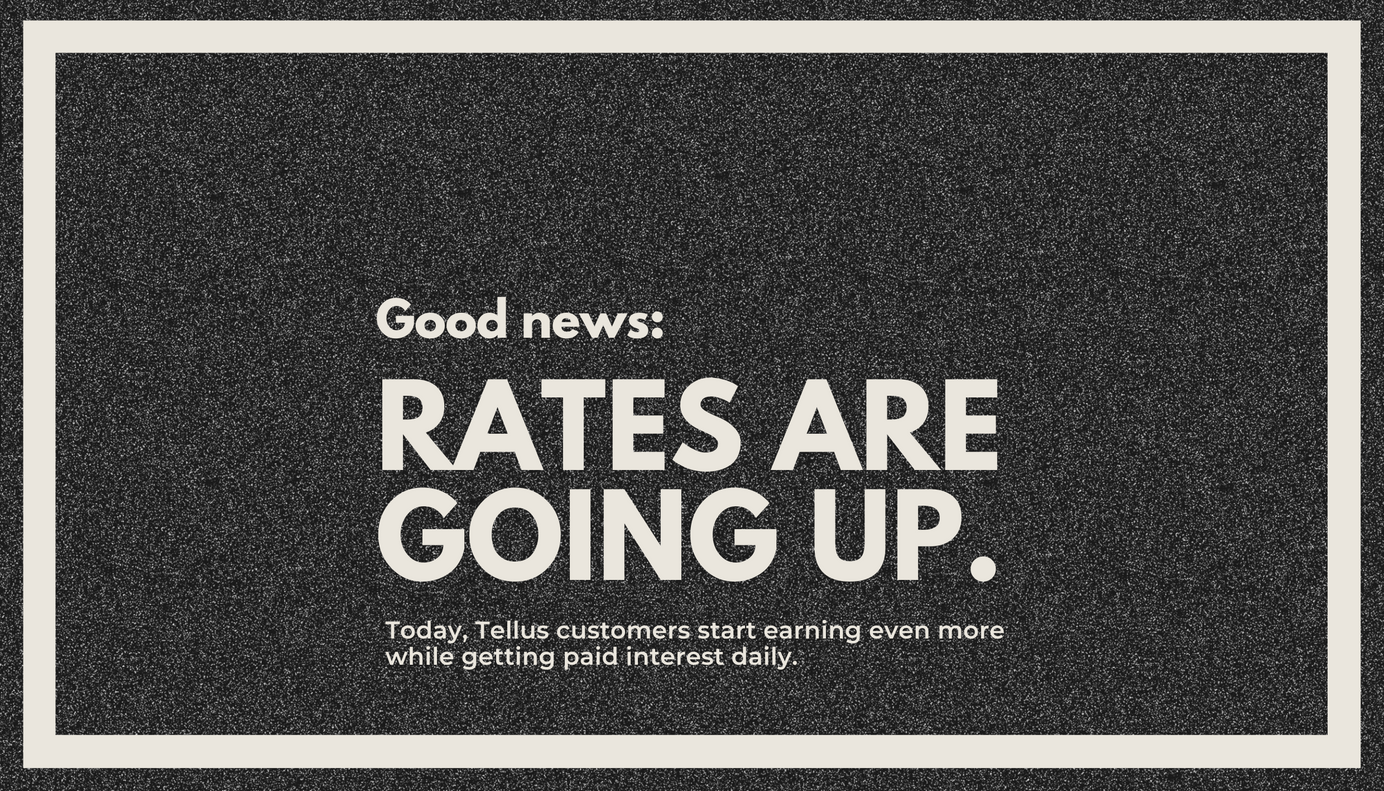
10 Must Read Books On Personal Finance
Find the top 10 must read personal finance books in this guide.
Financial literacy continues to be an area in which many people are still lacking. Improving your financial literacy will not only help you to become more knowledgeable about the field, but it will also help you to save money, learn how to invest and effectively optimize your money. Here are 10 personal finance books you need to read to hone the foundation of your financial skills.
1. Broke Millennial: Stop Scraping By And Get Your Financial Life Together By Erin Lowry
Written specifically for the millennial generation, financial expert Erin Lowry provides readers with practical financial advice. The book covers a wide range of topics, including the psychological aspect of money. Filled with humor, hashtags and entertaining stories, the book also provides practical information, such as how to handle awkward situations, such as splitting a bill with a group of friends.
“Lowry succeeds in captivating readers with the whimsical chapter titles and relevant ‘real world’ examples and references. The book also provides readers with important information on how to buy a home, pay off debt and save up for retirement,” says David Ruiz, a personal finance blogger at State Of Writing and Essayroo.
2. The Wealth Choice: Success Secrets Of Black Millionaires By Dennis Kimbro
This inspirational book is a brilliant choice for anyone interested in finding out more about wealth accrual. Written by Dr. Dennis Kimbro, the book succeeds in weaving together years of in-depth research with motivational and captivating success stories. In particular, the book highlights how the techniques used by millionaires can be used by readers of all backgrounds to achieve financial success.
3. I Will Teach You To Be Rich By Ramit Sethi
Rather than zeroing in on small expenses and creating a highly detailed, budget-focused approach, Ramit Sethi instead promotes looking at the bigger picture. In just thirteen chapters, Sethi shares key advice on how to negotiate raises, maximize the benefits of credit cards, getting started with investing, choosing the best bank account and knowing when to splurge and when to save. This book makes money management easy to implement and is an empowering read.
4. Women & Money By Suze Orman
In this book, financial guru Suze Orman, examines the reasons behind why many women continue to lag behind men when it comes to financial independence. Orman openly addresses many of the issues which hold women back, including fear of investing in the stock market and embarrassment surrounding money. She provides readers with highly beneficial advice on a range of topics, including how to make money decisions with a partner or spouse, buying a car, saving and investing for retirement and even taking out student loans. In an age where women are consistently increasing their presence and footprints in the financial markets and taking control of their own monetary situations, this book is a perfect way to help push them forward.
5. The Index Card: Why Personal Finance Doesn’t Have To Be Complicated By Helaine Olen And Harold Pollack
For beginners and those who prefer easy to read books, The Index Card is a great choice. The book focuses on 10 simple, common-sense principles of money management. Each rule has its own chapter, in which the authors explore how best to implement them. Additionally, the book also has a list of the 10 core rules for personal finance, which readers can copy out onto a 4-by-6-inch index card to quickly refer back to.
6. Debt Free Degree: The Step-By-Step Guide To Getting Your Child Through College Without Student Loans By Anthony ONeal
For parents looking to help their children avoid debt and fully prepare for college, Debt Free Degree is the book to read. It’s important to recognize that the average college loan debt in the United States in 2021 is $37,172 and college loans usually rise every year . This makes it essential to find strategies that can give you a head start in fighting off college debt. Author, Anthony ONeal, offers an alternative approach which is designed to help parents whose children are not yet in college to choose the best college and degree for them, whilst all being paid for in cash.
7. Clever Girl Finance By Bola Solundi
Clever Girl Finance is an ideal read for beginners, containing lots of straight-forward advice on how to build a budget, manage finances and invest in your future. Bola Solundi also shares real-world experiences from a range of financially knowledgeable women. The book is a particularly relevant read for women as it offers guidance on how women can negotiate raises in the workplace.
8. Perfect Credit: 7 Steps To A Great Credit Rating By Lynnette Khalfani-Cox
First published in 2010, Perfect Credit is one of the top books to read on the topic of credit ratings. Former Wall Street Journal reporter and experienced money management author, Lynnette Khalfani-Cox, offers readers clear advice on how they can improve their credit rating. Moreover, the book also provides advice on how to control excess spending, as well as how to effectively negotiate with creditors.
9. Your Money Or Your Life By Vicki Robin And Joe Dominguez
Updated in 2018, this 1992 bestselling book continues to be one of the best personal finance books to read. At its core, the book centers around nine key steps to success. Based on Joe Dominguez’s steps to wealth, Vicki Robin successfully communicates these to readers in simple, easy-to-read directions.
“This is a perfect read for anyone wishing to change their relationship to money itself,” says Beverly Johnson, a writer at Boomessays and Paperfellows. “The book provides readers with a foundation for creating a positive relationship to money by telling them not only how to handle money, but also what steps to take in the pursuit of both financial independence and happiness.”
10. The Automatic Millionaire: A Powerful One-Step Plan To Live And Finish Rich By David Bach
In this New York Times bestseller, David Bach shares a system with readers for how they can become rich slowly over the course of their lives. At the core of Bach’s system is the notion of paying small daily investments to yourself, which over time add up and build wealth steadily. Bach encourages readers to make their plan automatic, paying themselves a few dollars each day, thereby making the system accessible to everyone, no matter how low or high their income may be.
In Conclusion
Whether you’ve read several finance books or are just dipping your toes for the first time, there is a great range of books to explore. Examine finance books carefully, including authors’ credentials, to ensure that the finance books are not only educational and useful, but also reliable sources of information. But don’t just read the books. Take action! You’ll be amazed at how much you can accomplish by consistently implementing the strategies you learn about from these financial experts.
Emily Henry is a writer at Write My Dissertation and Custom Essay. She is passionate about personal finance and enjoys empowering readers to improve their money management skills.







